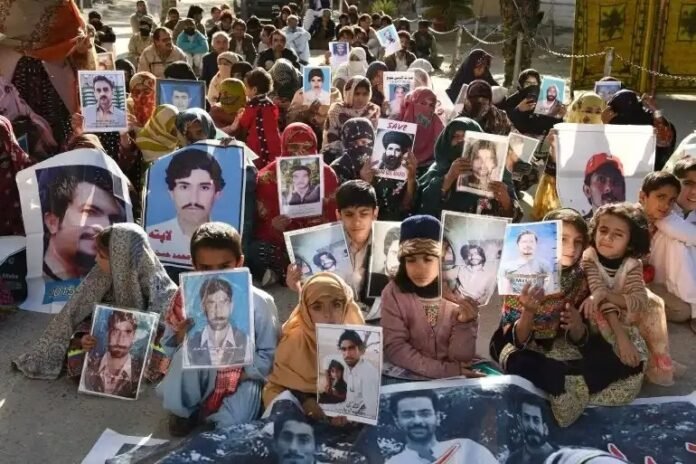Recent unrest in Pakistan-occupied Jammu and Kashmir (POJK) isn’t happening in a vacuum. It highlights years of poor governance and risky moves by Pakistan’s leaders in Islamabad that have fueled anger across the country.
Pakistan faces growing calls for independence in Balochistan and ongoing trouble in Khyber Pakhtunkhwa (KP). The latest protests in POJK show that slapping “azad” or “free” on a region’s name doesn’t make it so. People there want real freedom, not just a label.
The Pakistan Army, based in Rawalpindi, keeps meddling in politics and foreign affairs, leaving the civilian government looking weak and stuck handling the messy fallout. This power struggle creates chaos, often ending in violence and loss of life.
Take the past few weeks: In a rare move, Pakistan’s Army Chief General Asim Munir joined an exclusive lunch with U.S. President Joe Biden. Days later, Munir walked Prime Minister Shehbaz Sharif into the White House for an 80-minute chat. But they waited 30 minutes while Biden finished other business, even joking with reporters. Meanwhile, Pakistan’s Defense Minister Khawaja Asif admitted ties with China run deeper than with the U.S., especially since those two powers often clash.
This mix-up in leadership shows how the tug-of-war between Islamabad and Rawalpindi leads to blunders—and tragedies. To handle the POJK crisis, Pakistan has sent thousands more troops and cracked down hard. Civil groups and global watchers slam this as overkill. At a recent UN Human Rights Council meeting in Geneva, Nasir Aziz Khan from the United Kashmir People’s National Party called on the world to step in against Pakistan’s “rising repression” and the humanitarian mess brewing in POJK.
Folks in the region just want basics: jobs, cheap food, and fair seats in the local assembly. The protests expose how a so-called “free” area with its own leader in Muzaffarabad really answers to bosses in Islamabad and Rawalpindi.
Experts say these “security crackdowns” in POJK, Balochistan, and KP won’t work without real political voice, fair growth, and human rights protections. The unrest will keep simmering.
On Pakistan’s volatile border with Afghanistan, things have flipped. Islamabad once used it to train mujahideen fighters through its ISI spy agency. Now, groups like the Tehrik-e-Taliban Pakistan (TTP) and breakaway factions—trained by the same ISI—have turned their weapons on Pakistan amid shifts in policy.
In Balochistan, resentment dates back to the forced 1948 merger of the Khanate of Kalat. Later central government moves—like reforms in the 1950s, crushing a local regime in the 1970s, and unfair money splits—made things worse, breeding exploitation.
Fast-forward to today: The China-Pakistan Economic Corridor (CPEC) pumps billions into Gwadar port and roads. But Baloch locals see it as “resource colonialism” that benefits outsiders more. A 2017 deal promised funds and talks, but it fizzled with little money and no follow-through.
Reports say people there demand “schools and jobs, not another committee.” Analysts warn Pakistan could stay trapped in endless insurgency and crackdowns unless it invests in politics and local development for real change.
Stay informed on all the latest news, real-time breaking news updates, and follow all the important headlines in world News on Latest NewsX. Follow us on social media Facebook, Twitter(X), Gettr and subscribe our Youtube Channel.



